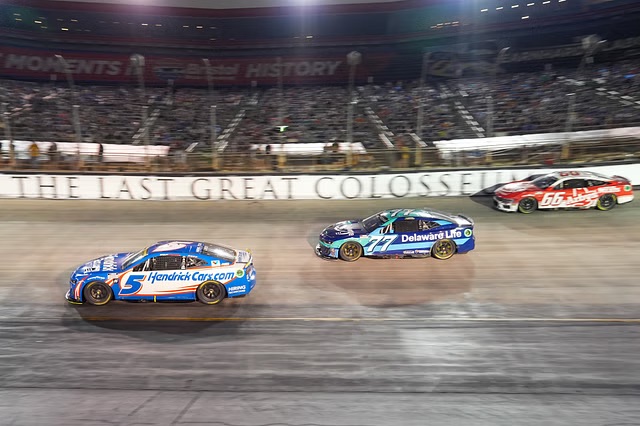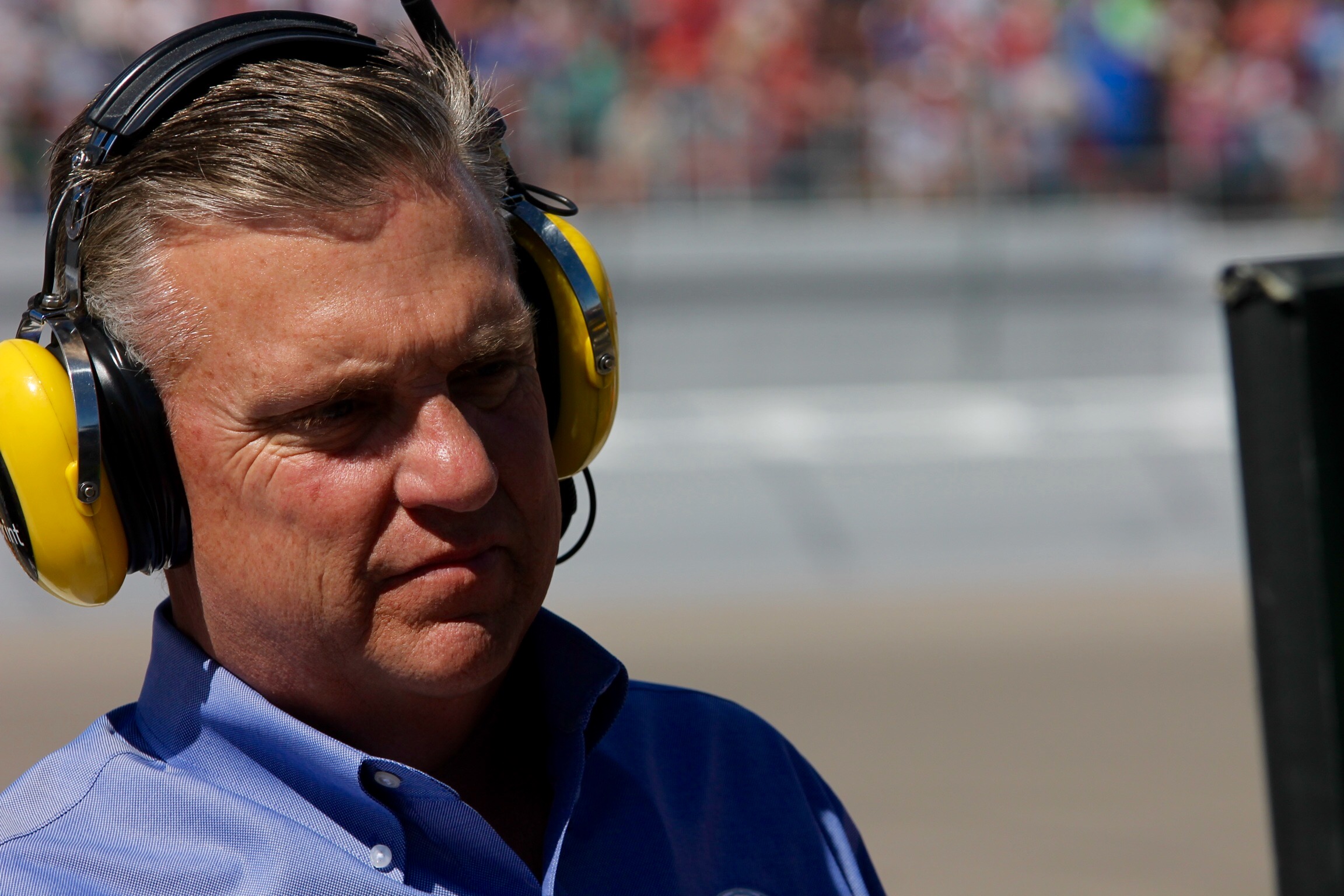In the ever-evolving landscape of NASCAR, the introduction of the Next Gen car aimed to level the playing field and enhance competition. However, after the recent Bristol race, a chorus of criticism emerged from NASCAR insiders, declaring that the racing has become “too easy” for drivers. This bold assertion raises questions about the effectiveness of the Next Gen car and its implications for the future of the sport.
The Context of the Criticism
Bristol Motor Speedway, known for its high-banked, short-track layout, has always been a proving ground for drivers, challenging their skills and endurance. However, the latest race, featuring the Next Gen car, sparked discussions about whether the new design has simplified the complexities that once made racing at Bristol a thrilling spectacle. Insiders argue that the car’s enhanced aerodynamics and improved handling characteristics have taken away the challenging aspects of racing, making it less demanding for drivers.
Changes in the Next Gen Car
The Next Gen car was introduced to bring modern technology and safety improvements to the sport. With features like independent rear suspension, larger wheels, and a more uniform design, the intent was to create a more competitive environment. The hope was that these changes would result in closer racing and greater parity among teams.
However, critics now contend that these enhancements may have inadvertently made driving less challenging. The grip levels and handling characteristics of the Next Gen car have led to an increase in the speed at which drivers can race, allowing them to push the limits without the same level of risk or skill required in previous generations of cars.
Voices from the Paddock
Several former drivers and team insiders have voiced their concerns. One prominent voice in the discussion stated, “Racing should be a test of skill and strategy, not just who has the best equipment. It feels like the Next Gen car has made it too easy to race at Bristol.” This sentiment resonates with many fans who appreciate the artistry and nuance that comes with mastering a challenging track.
Moreover, some insiders argue that the changes in the car have diluted the excitement and unpredictability that make short-track racing so captivating. The thrill of a driver expertly navigating a crowded field, making strategic moves, and battling for position is an integral part of the sport’s allure. When the car’s capabilities allow for easier handling, it can lead to a less intense racing experience.
The Impact on Fan Engagement
As insiders critique the Next Gen car, it’s crucial to consider the implications for fan engagement. NASCAR has historically thrived on its ability to draw in passionate fans who appreciate the skill, strategy, and excitement of racing. If fans perceive that the sport has become “too easy,” it could impact attendance, viewership, and overall enthusiasm for the races.
The Bristol race was once a hallmark of NASCAR’s calendar, known for its thrilling finishes and dramatic moments. If the racing continues to feel less intense or less challenging, fans may become disengaged, seeking out other forms of entertainment that provide a more compelling spectacle.
A Path Forward
The discussion around the Next Gen car is essential for the future of NASCAR. While innovation and modernization are necessary to keep the sport relevant, maintaining the essence of racing—competition, skill, and unpredictability—should remain a priority. NASCAR officials may need to listen to these critiques and consider adjustments that could reinstate the challenge for drivers.
As the sport continues to evolve, finding the right balance between technological advancement and competitive integrity will be crucial. NASCAR must ensure that its innovations do not compromise the very essence of racing that has captivated fans for generations.
Conclusion
The backlash against the Next Gen car following the Bristol race highlights the ongoing debate within NASCAR about what makes racing exciting and engaging. As insiders call for a reevaluation of the new design, it’s clear that the balance between ease and challenge is a delicate one. NASCAR must navigate this conversation carefully to preserve the sport’s rich legacy while embracing the future.
Ultimately, as the dust settles on Bristol, the challenge lies ahead for NASCAR: how to maintain the thrill of competition in an ever-changing landscape, ensuring that racing remains a true test of skill for drivers and an exhilarating experience for fans.




